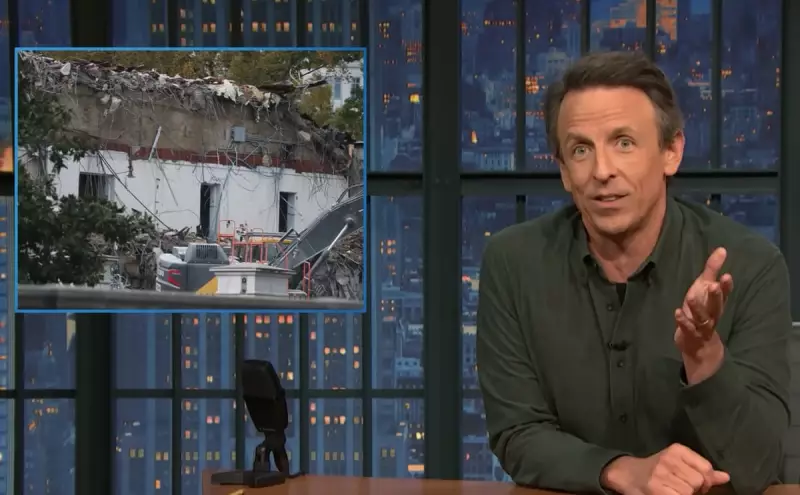
In a startling late-night social media outburst that has sent shockwaves through political circles, former President Donald Trump has floated the extraordinary idea of demolishing and rebuilding sections of the White House if he returns to power.
The Midnight Manifesto That Shook Washington
The controversial post appeared in the early hours, with Trump claiming the historic presidential residence requires "total rebuilding" of certain areas. His unexpected architectural critique targeted the building's structure and layout, suggesting extensive demolition work would be necessary.
Political analysts were quick to react, with many expressing deep concern about the implications of such statements. "This isn't just about property - it's about preserving national heritage and demonstrating presidential temperament," noted one Westminster insider.
Immediate Backlash and Legal Questions
The reaction from both sides of the political spectrum was swift and severe:
- Heritage organisations condemned the suggestion as "an assault on American history"
- Legal experts questioned whether a president actually holds such powers
- Political opponents described it as "another dangerous fantasy" from the former president
- Architectural conservation groups emphasised the building's protected status
One prominent historian told The Guardian: "The White House isn't just a building - it's a living museum of American democracy. The idea that any president could unilaterally decide to demolish parts of it shows a fundamental misunderstanding of the office."
Broader Implications for the Election
This incident comes at a crucial time in the election cycle, raising serious questions about Trump's judgment and priorities. Rather than focusing on policy discussions, the campaign finds itself addressing unusual proposals about the presidential residence.
Many see this as part of a pattern of attention-grabbing statements designed to dominate news cycles, though even by Trump's standards, this particular suggestion has caused exceptional concern.
As one political commentator noted: "When candidates should be discussing economy, foreign policy, and healthcare, we're instead debating whether they plan to knock down walls at 1600 Pennsylvania Avenue. It speaks volumes about the current state of politics."
The White House itself has remained silent on the matter, maintaining the tradition of not commenting on campaign rhetoric from potential successors.





